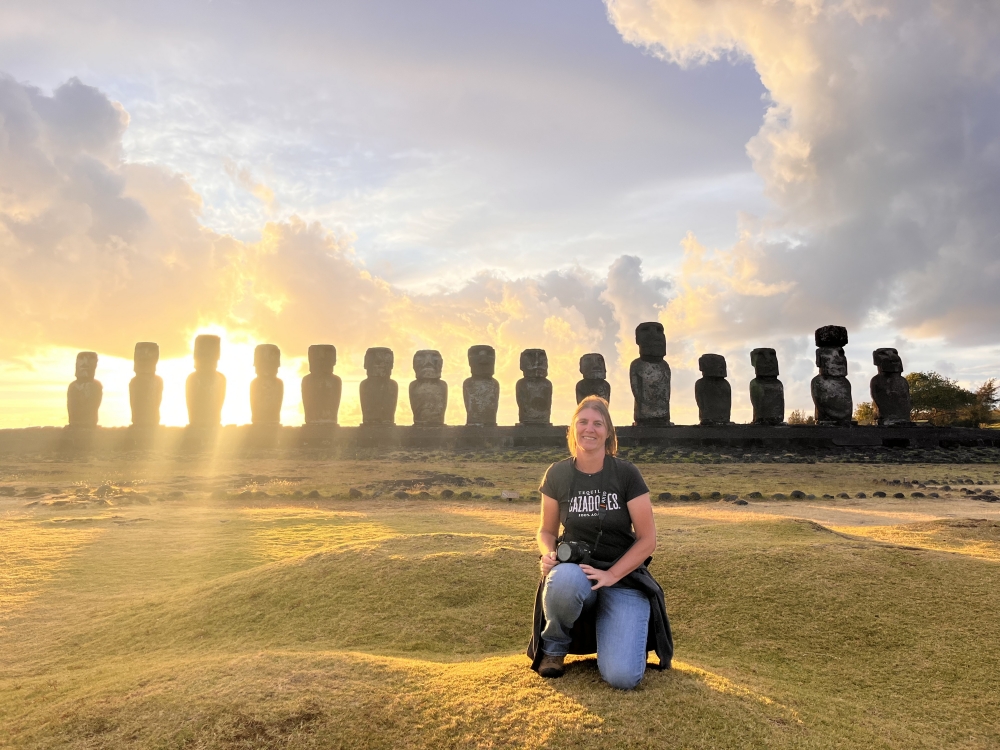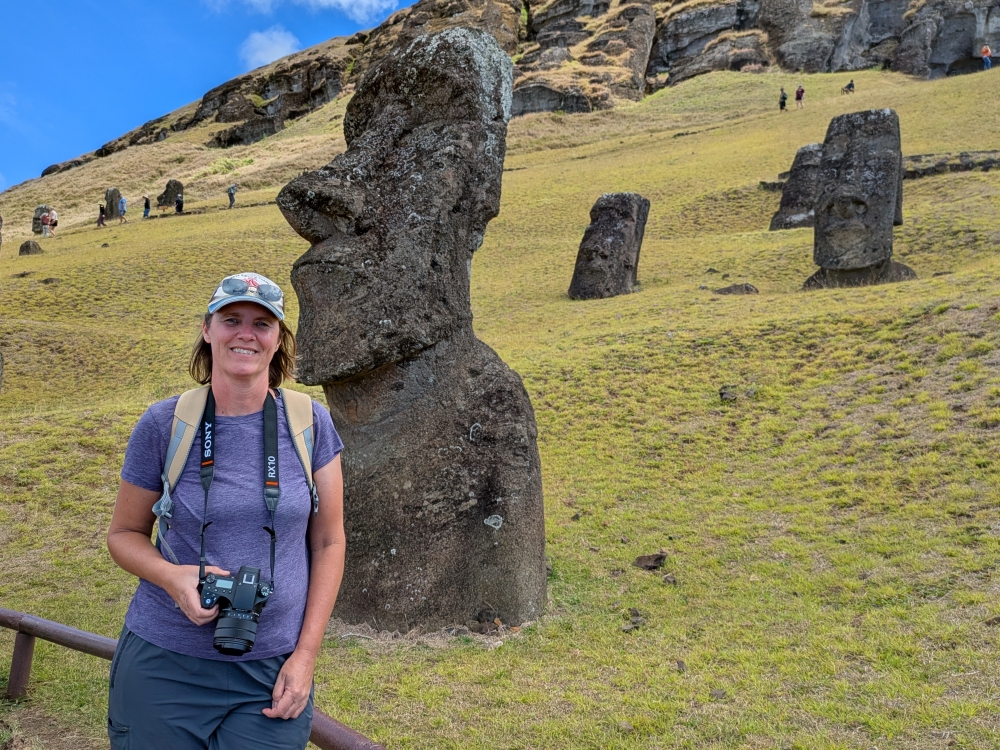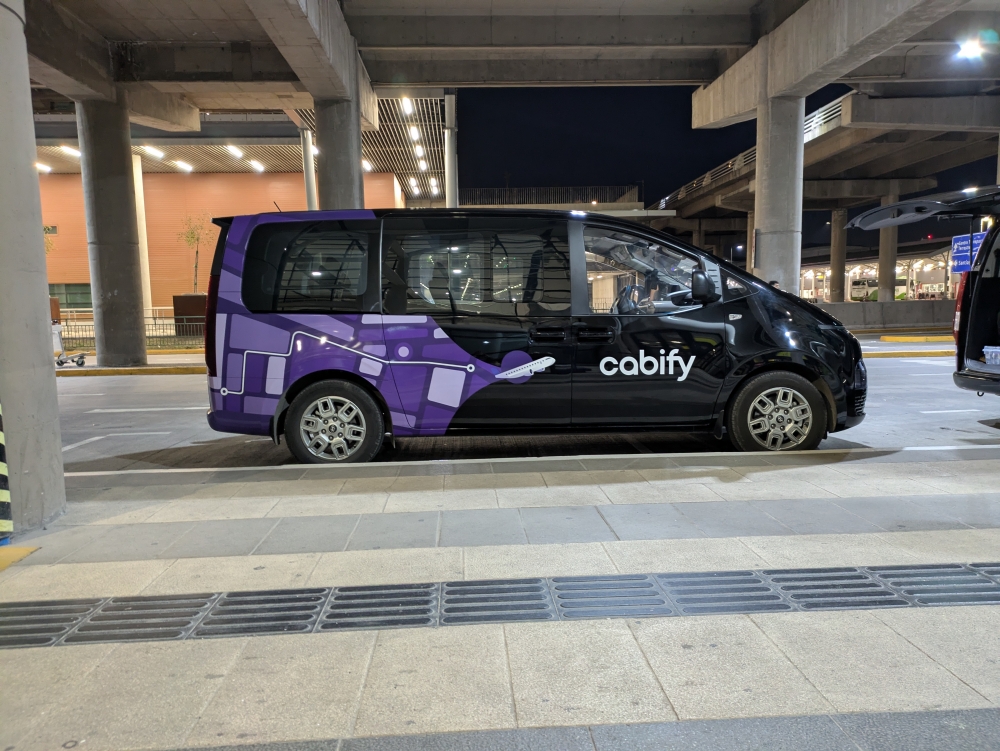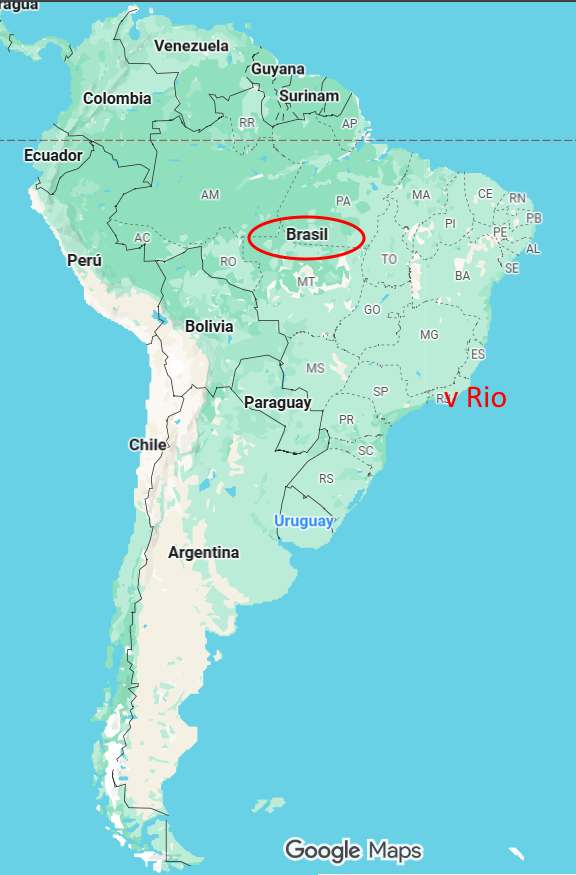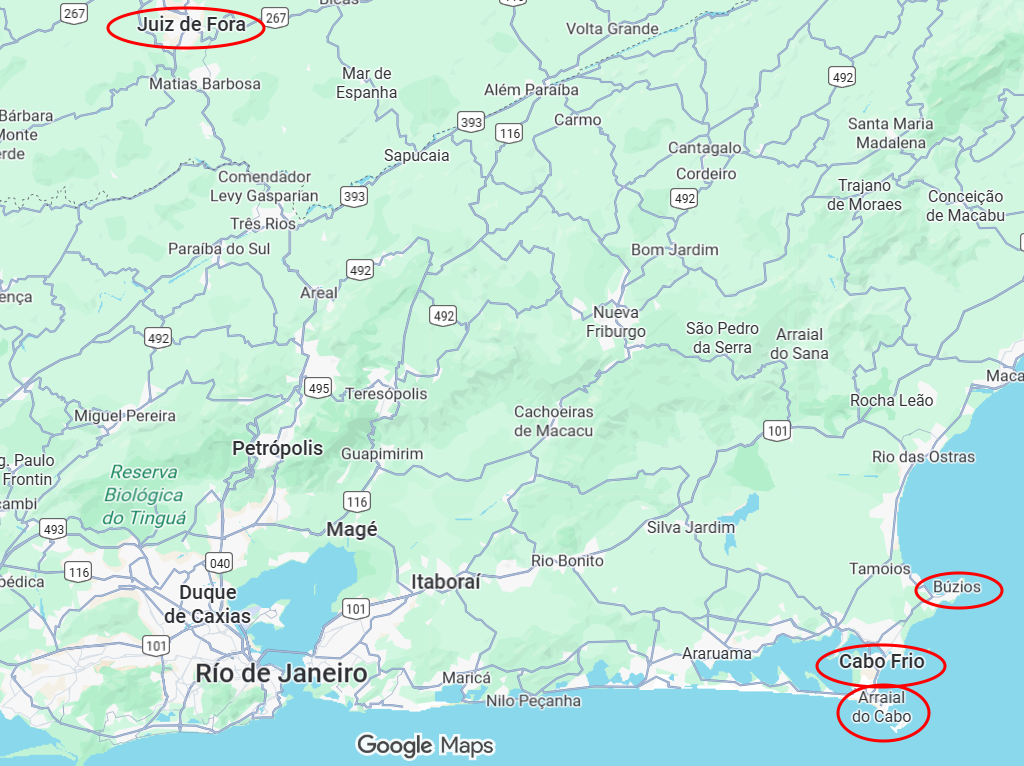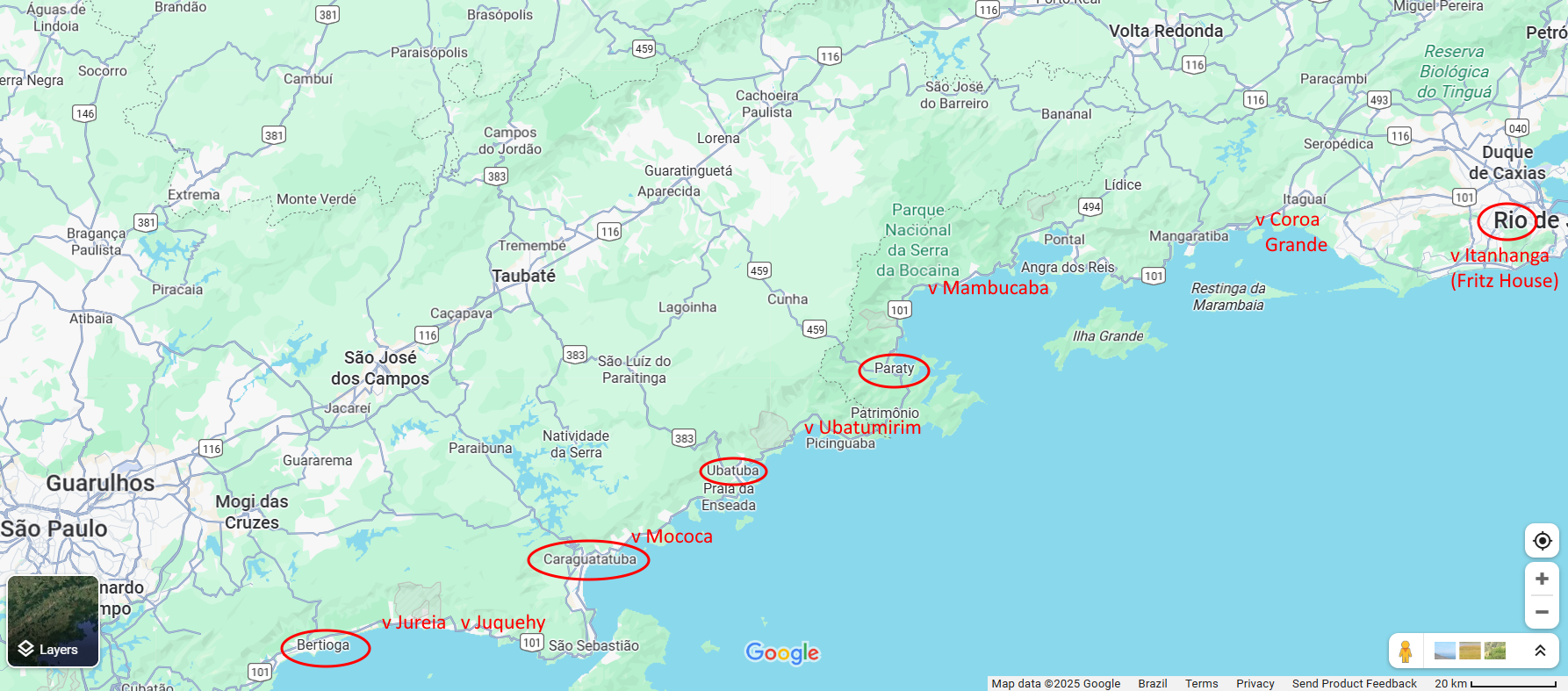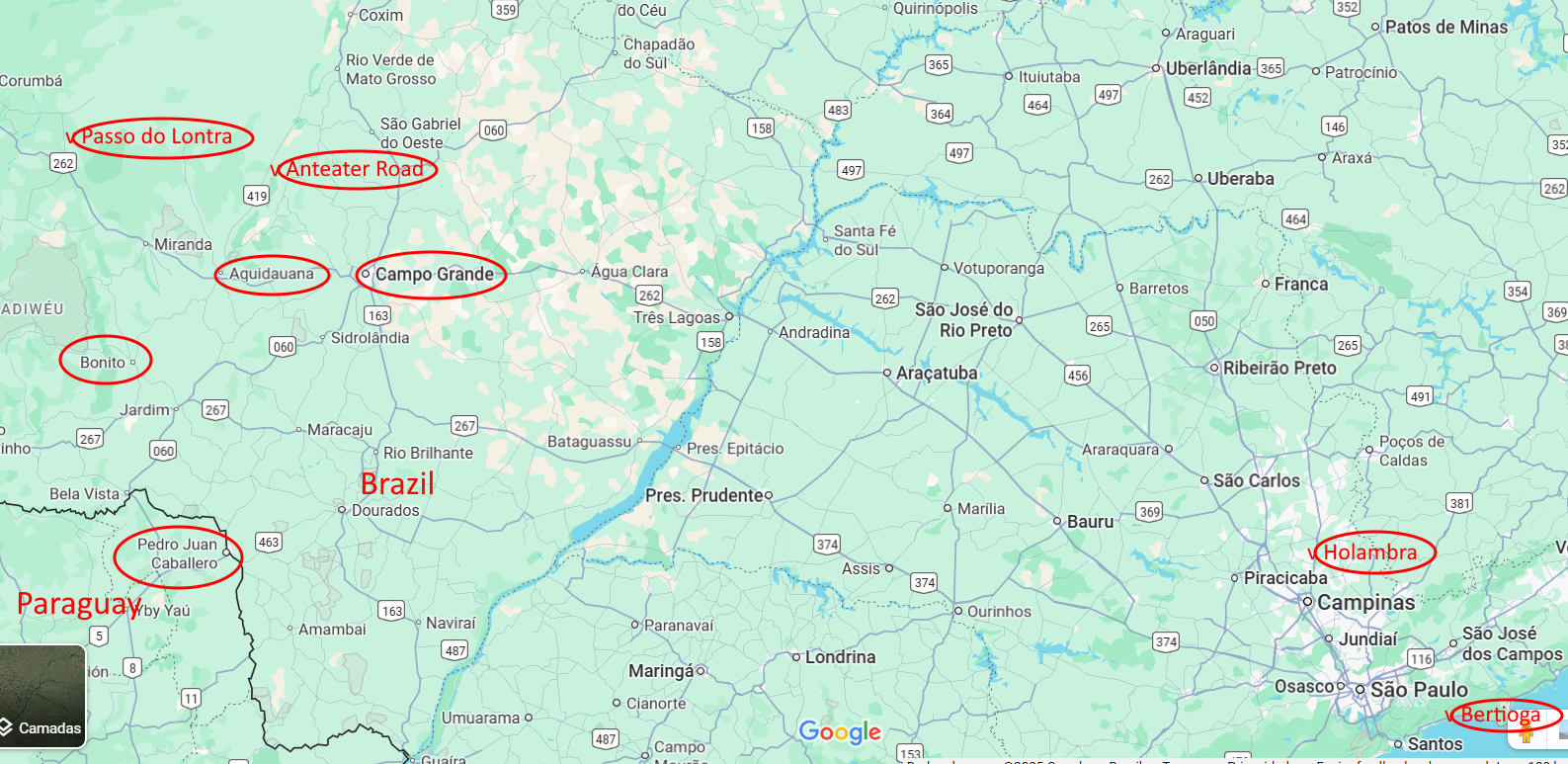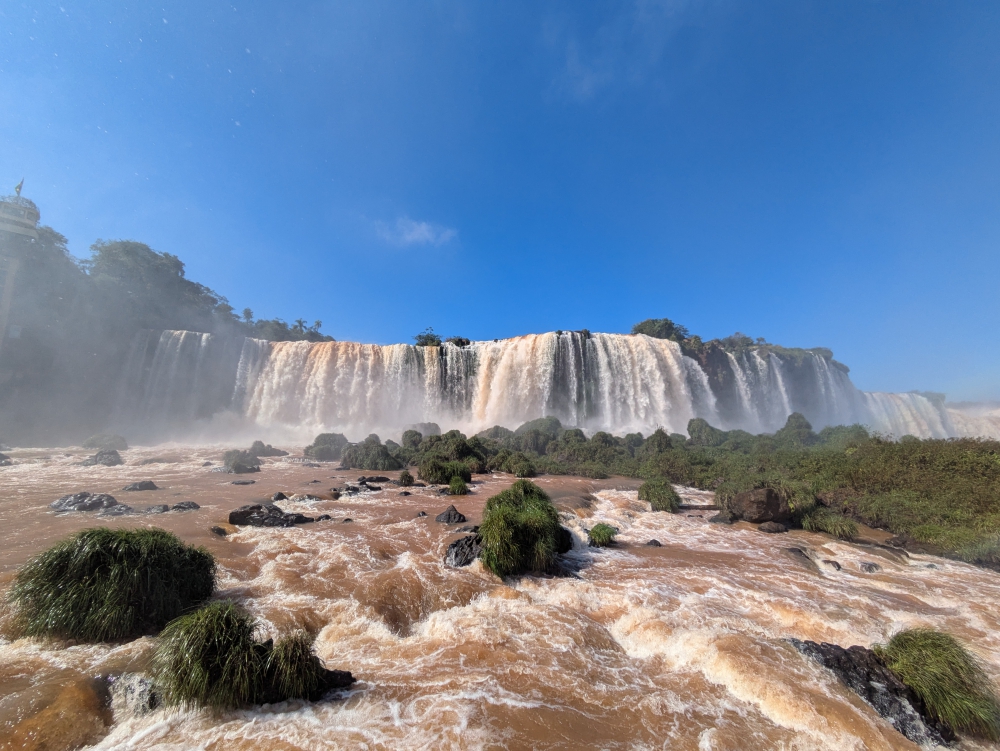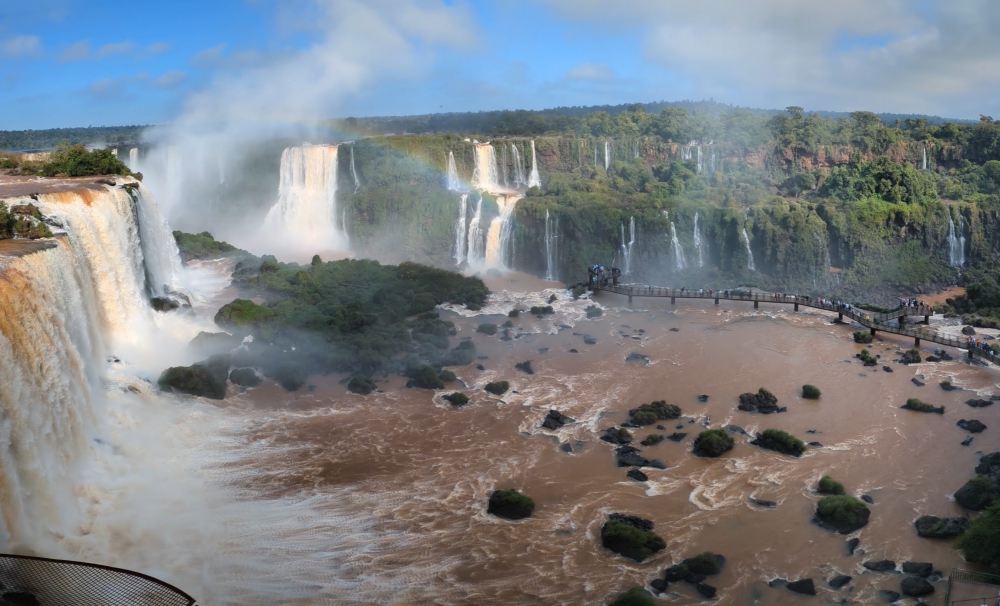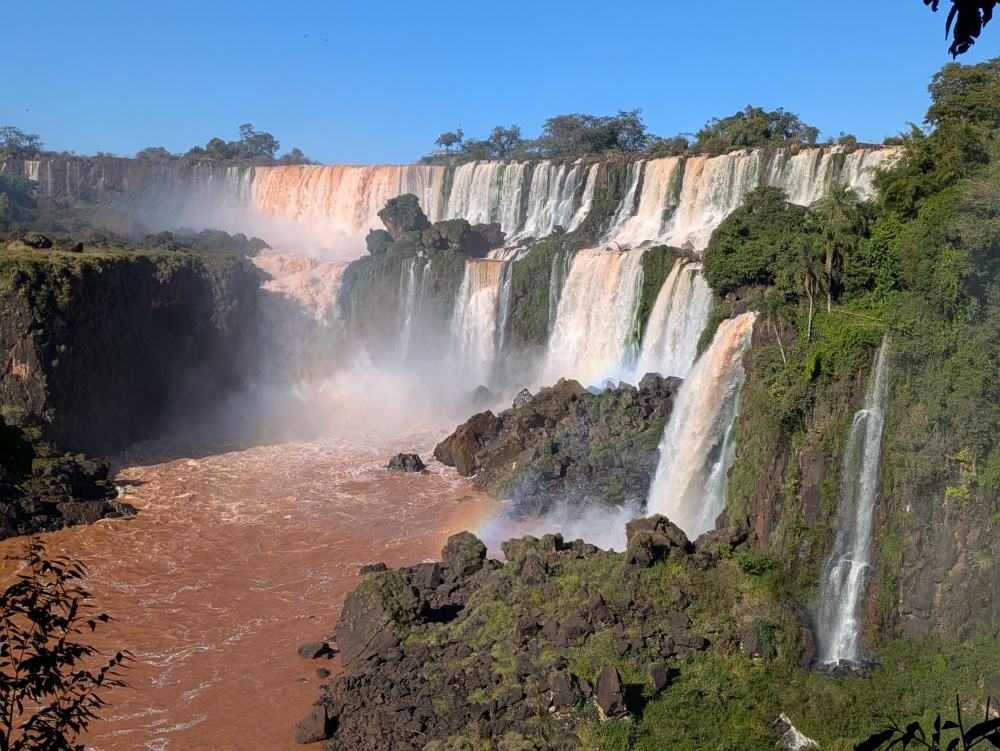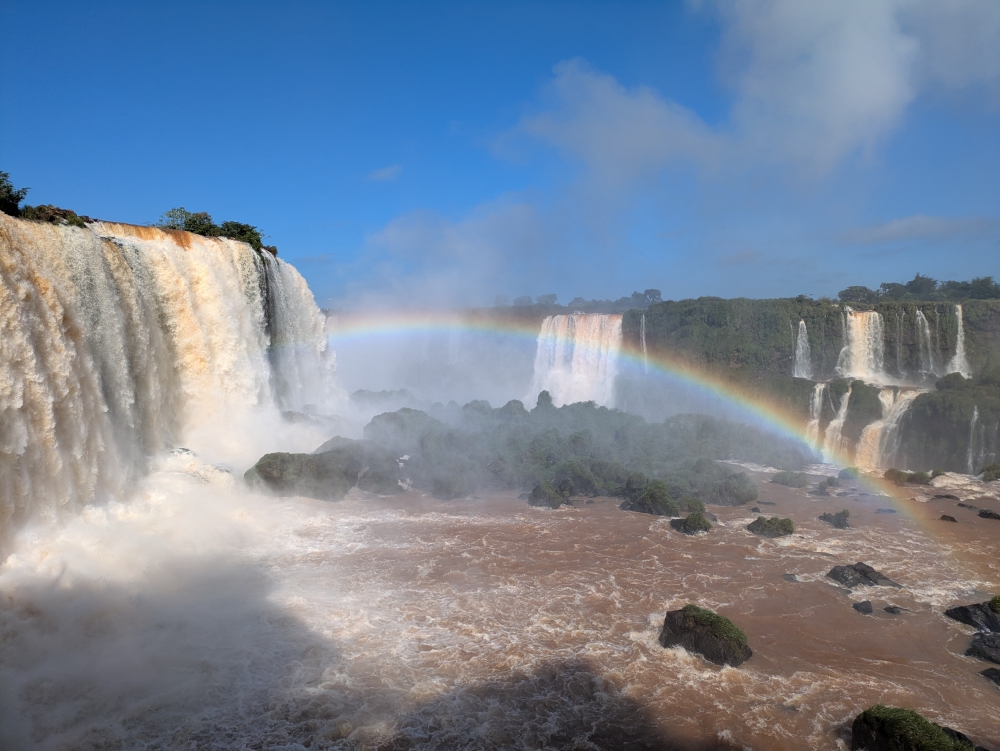
Every month, I post a report of our expenses to show that it is possible to live a comfortable, exciting, and adventurous life without breaking the bank. “The less money you spend, the less you need to make” is our motto. 🙂 At the beginning of each year, I produce an expense report for the previous 12 months. This is the most recent one, for 2024.
Our first yearly expense report (2016) can be found here, the report of 2017 is here, the one for 2018 here, our 2019 expenses are located here, our total costs for 2020 are documented here, those for 2021 are detailed here, 2022’s financial summary hides here, you can find our full expense report for 2023 here, and our 2024 costs are recorded here.
These reports include ALL of our expenses, in US$, for two adults and a 60-pound dog. We adopted Maya on June 4th, 2019. Under groceries we incorporate food, produce, and non-alcoholic drinks predominantly bought in supermarkets. Toiletries belong in that category as well. Dining out means eating at a restaurant/event or purchasing take-out food. The health category covers non-prescription medicines and vitamins/supplements; medical contains prescription drugs and doctor’s visits. Because of our income level, Mark and I are eligible for free health care within the state of Massachusetts. For check-ups, we both return to the US East Coast. The internet cost is for our Starlink’s monthly subscription fees. We bought our satellite dish in Lima, Peru, in September 2023.
It truly feels like the year 2025 came and went extremely fast. I still remember it starting at “the end of the world” in Ushuaia, Argentina, and what felt like mere months later, finishing in Massachusetts, USA, after our South American RV journey ended. During that last year, we crisscrossed Argentina, Chile, Paraguay, and southern Brazil, covering many thousands of miles and spending even more thousands of dollars. As a matter of fact, 2025 was our second-most expensive year on record, after 2014 when our life changed due to Mark’s cancer.
As expected, the car category — at $6,000 — was the highest; a trend during those three years on the South American continent. Most of that went to fuel (around $5,000), while the rest was spent on parts, maintenance, tolls, parking, and insurance.
Groceries came in at $4,000, which boils down to $333 a month, which is very manageable. I’m pretty sure we won’t stick to that amount this year in Europe.
Our accommodation cost was higher than in other years, mostly because we spent three weeks in an Airbnb in Santiago de Chile ($800) and I took a 4-night side trip to Easter Island, where I stayed at a hostel ($200). We also “splurged” with a few weeks of real campground stays in Brazil, Paraguay, and Chile.
I have no idea how much other couples spend on dining out. Feel free to enlighten me in the comments. Our total for 2025 was $1,560. Restaurants in South America are generally cheaper than in the US and Europe, so we might have to take a step back in this category. Not that we went wild before.
Under travel ($1,484), we report our plane rides. Last year, Mark flew from Brazil to the US for his annual health check-ups, I hopped on a plane to Easter Island, and we booked two one-way tickets from Santiago, Chile, to Boston, Massachusetts, for the end of the year.
Dog Maya’s expenses hovered around $1,100. The biggest chunk went to vet visits, mostly because of a mysterious pain she developed in her neck in December. This ordeal set us back $500 between the vet in Chile, the one in the US for a consultation, and the drugs she needed. It was the first time in seven years of having her that she needed to see a vet other than for permits and shots.
We also bought dog food for around $400, obtained health permits to travel between Chile and Argentina and then to the US with her for about $150, and bought supplies like treats and toys…
The entertainment category of $800 includes my national park pass for Easter Island and three tours there, our scary rafting trip in southern Chile, a river tour in the Pantanal of Brazil, and entrance fees to other national parks on the continent.
Alcohol came in at $768. Mark and I usually have wine, beer, and a bottle of rum around. Quite a few bottles were purchased to share with friends and at a party on New Year’s Eve.
Our utility cost was $541, mostly for internet via our Starlink antenna. Our business paid for half of the monthly subscriptions, so the service is actually twice as expensive as the $435 I mention underneath. Topping off our propane cost $106 for the year.
Transportation for us means Uber and taxi rides, mostly to get to airports and city centers when camped on the outskirts. The $383 number for 2025 also includes one checked bag fee when Mark brought parts back to Brazil from his US summer visit.
Our miscellaneous category shows $380, of which the most painful part ($220) went to a traffic ticket in Argentina. We also paid money for one mechanical check of a Vario campervan we had planned to purchase in Chile, for an online ad to sell Bella (which brought us our buyers), for Mark’s new driver’s license, and for small souvenirs.
Maintaining and fixing our truck camper cost $227 in 2025, which is negligible in the grand scheme of things.
Mark and I also spent $170 on medical interventions like teeth cleanings (one for him and two for me) in Chile and Brazil and a few medications.
Gifts amounted to $165, which mostly went to the annual photo calendars I create for my family.
The computer category was $157, all for hosting fees to keep this website up and running and for our email accounts.
I think most would agree that our drinking-out category is low at $116 for a year for two people. I bet some of you could spend that on one night out at a bar with friends. 🙂 We usually opt to stay in and drink our own cocktails or organize our own happy hours.
Household supplies came to $103, our annual Chase credit card fee was $95, and we only paid $83 for a year of laundry. Most of our clothes were washed by hand with tap water at campgrounds or river water in nature. When we have the use of a free washing machine (like at our last Airbnb), we go crazy!
Mark owed the Brazilian immigration department $80 for a visa, but this allowed him to stay six months. Belgians don’t need a visa, but I was unable to get an extension after our initial three months in the country, so we had to leave. Should I have entered on my American passport?
And the last and lowest category of 2025 was clothing. Mark bought a pair of jeans on eBay for $28. We really don’t like shopping for clothes and, for some reason, our gear lasts forever. When we purged in Santiago before leaving the continent, I discarded clothes that were easily two decades old. Friends often offer us clothes that they don’t have use for anymore as well.
Speaking of the generosity of others, some of you sent donations in 2025, which took care of our web hosting, a couple of dinners, and a few bottles of wine. Thank you!
The grand total for 2025 comes to a shocking $19,552, a far cry from our usual average of $16,000. Yes, inflation is a thing and we do realize that life only gets more expensive, especially in Europe. We will see what happens this year.
Could you live off $20,000 a year for two adults and a good-sized dog, everything included? Let me know in the comments.
2025 Overview:
Car (fuel: $5,088; maintenance: $700;
tolls: $157; parking: $26; insurance: $22):
Groceries:
Accommodation (Lodging: $998; camping: $570 ):
Dining out:
Travel (plane tickets):
Dog (vet: $488; food: $387; permits: $152; supplies: $83):
Entertainment (national parks, rafting trip, river tour):
Alcohol:
Utilities (internet: $435; propane: $106):
Transportation (Uber, taxis, checked bag fee):
Miscellaneous (fine, car check, ad, license, souvenirs):
Camper (maintenance & repairs):
Medical (teeth cleanings, meds):
Gifts (B-days, Christmas):
Computer (web hosting fees):
Drinking out:
Household:
Bank fees (Chase visa card):
Laundry:
Customs & Immigration (visa Mark):
Clothing:
TOTAL:
Donations:
GRAND TOTAL:
$5,992
$4,015
$1,568
$1,560
$1,484
$1,110
$810
$768
$541
$383
$380
$227
$170
$165
$157
$116
$103
$95
$83
$81
$28
———
$ 19,836
– $ 284
———
$ 19,552
(It might be easier to read the table when turning your device in the horizontal position.)
And that’s a wrap! If you are enjoying these posts and would like to help out with our expenses to maintain this blog, please click on the donate button underneath, in the side bar, or in the menu bar on top. I promise Roaming About will remain an ad-free website. Thank you!
Find all our expense reports here. To learn what other full-time nomads spend each month, check out the blogs of our vanlife friends Duwan and Greg at Make Like An Ape Man.
Next up: A month long winter visit to the States
Donate to Roaming About to help maintain this website.



































































































